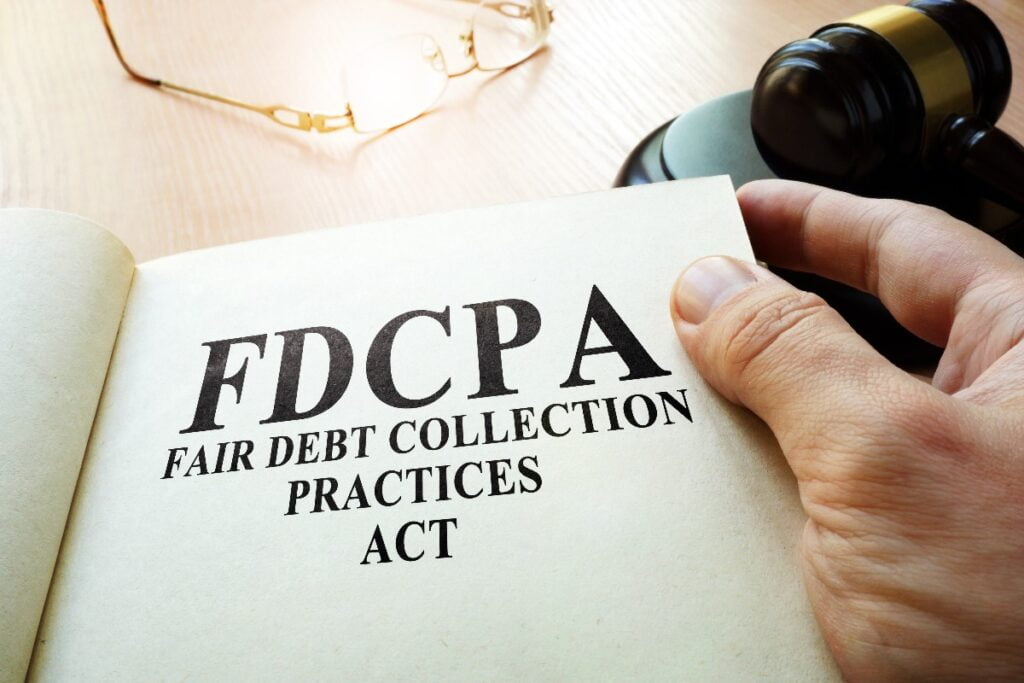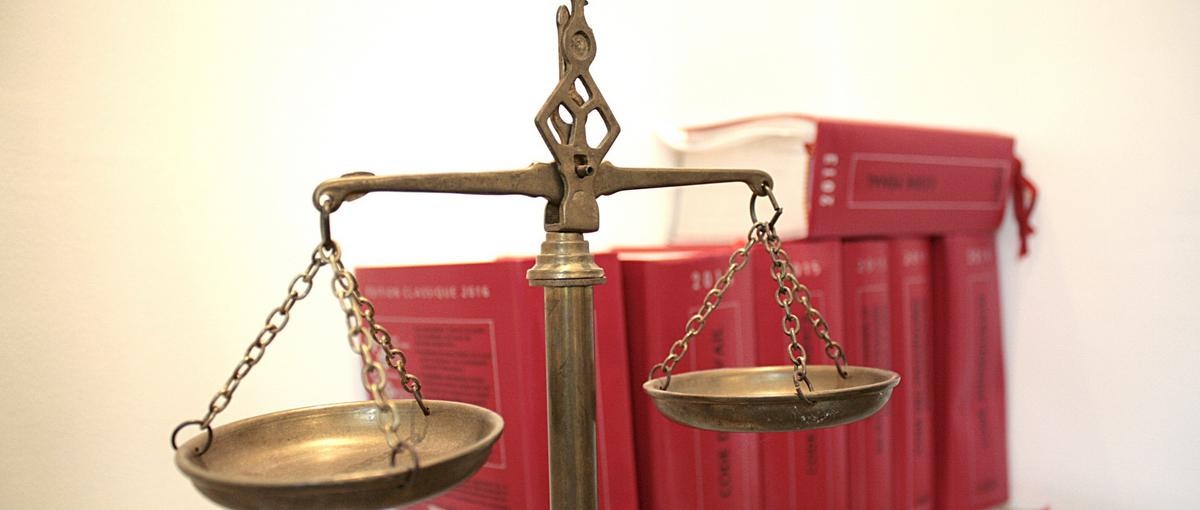Navigating the intricate world of debt collection can be daunting for creditors. With an ever-evolving landscape of laws and regulations, understanding the legal framework surrounding debt collection is paramount.
Whether you are a small business owner seeking to recover outstanding invoices or a financial institution managing accounts receivable, knowledge of these laws is not just beneficial—it’s essential. From the Fair Debt Collection Practices Act (FDCPA) to state-specific regulations, creditors must tread carefully to avoid pitfalls that could lead to costly legal consequences.
This article delves into the crucial aspects of debt collection laws, empowering creditors with the information they need to make informed decisions and ethically pursue their rights in the recovery process. As we unfold this complex topic, prepare to arm yourself with insights that will not only enhance your collection efforts but also ensure compliance while protecting your businesss reputation.
Understanding the Fair Debt Collection Practices Act (FDCPA)

Understanding the Fair Debt Collection Practices Act (FDCPA) is essential for any creditor navigating the complicated landscape of debt collection. Enacted in 1977, this federal law aims to protect consumers from abusive practices by debt collectors, establishing clear guidelines on how debts can be pursued.
For instance, collectors are prohibited from using harassing tactics, such as threatening violence or using obscene language, and must clearly identify themselves when contacting debtors. Additionally, they cannot call at inconvenient times or places, ensuring that consumers retain a degree of dignity and privacy.
Yet, it’s not just the prohibitions that are crucial; the FDCPA also outlines rights for consumers, such as the ability to dispute debts and request validation. For creditors, including a Texas collections attorney, understanding these regulations is not merely about compliance; it’s about fostering respectful relationships while also avoiding costly legal pitfalls. Compliance with the FDCPA can ultimately lead to a more effective collection process, benefiting both creditors and consumers alike.
Communication Regulations: Best Practices for Contacting Debtors

When reaching out to debtors, creditors must navigate a labyrinth of communication regulations that safeguard both parties involved. It’s vital to adopt a respectful tone and maintain professionalism, regardless of the circumstances.
First and foremost, creditors should be aware of the boundaries set forth by the Fair Debt Collection Practices Act (FDCPA), which prohibits harassment or deceptive tactics. For instance, making contact at inconvenient times or in inappropriate locations can lead to serious legal repercussions.
Instead, creditors should strive for clarity, providing clear and accurate information about the debt while also being open to dialogue. Personalization can enhance communication effectiveness; addressing debtors by name and acknowledging any specific concerns they may have fosters a more cooperative atmosphere.
Ultimately, the key lies in building a constructive relationship grounded in transparency and respect, paving the way for resolution rather than conflict.
The Role of the Consumer Financial Protection Bureau (CFPB)

The Consumer Financial Protection Bureau (CFPB) plays a pivotal role in safeguarding consumer rights within the debt collection landscape. Established in the aftermath of the financial crisis, the CFPB serves as a watchdog, regulating debt collectors and ensuring that they adhere to fair practices.
This agency not only enforces compliance with federal laws such as the Fair Debt Collection Practices Act (FDCPA) but also provides resources and education to both consumers and creditors alike. By investigating consumer complaints and taking action against violators, the CFPB promotes accountability in the industry, empowering consumers to stand up against abusive practices.
In this increasingly complex marketplace, understanding the CFPBs functions and mandates is essential for creditors aiming to navigate debt collection laws effectively and ethically.
Conclusion
In conclusion, understanding debt collection laws is essential for creditors seeking to navigate the complexities of collecting owed debts while adhering to legal guidelines. By familiarizing themselves with both federal regulations and state-specific rules, creditors can avoid potential pitfalls and ensure their collection practices are both effective and compliant.
Seeking guidance from professionals, such as a Texas collections attorney, can provide invaluable insight into the nuances of the law and help creditors develop strategies that protect their rights and promote ethical collection methods. Ultimately, a careful approach to debt collection not only safeguards the interests of creditors but also fosters a broader sense of fairness and respect within the financial ecosystem.


